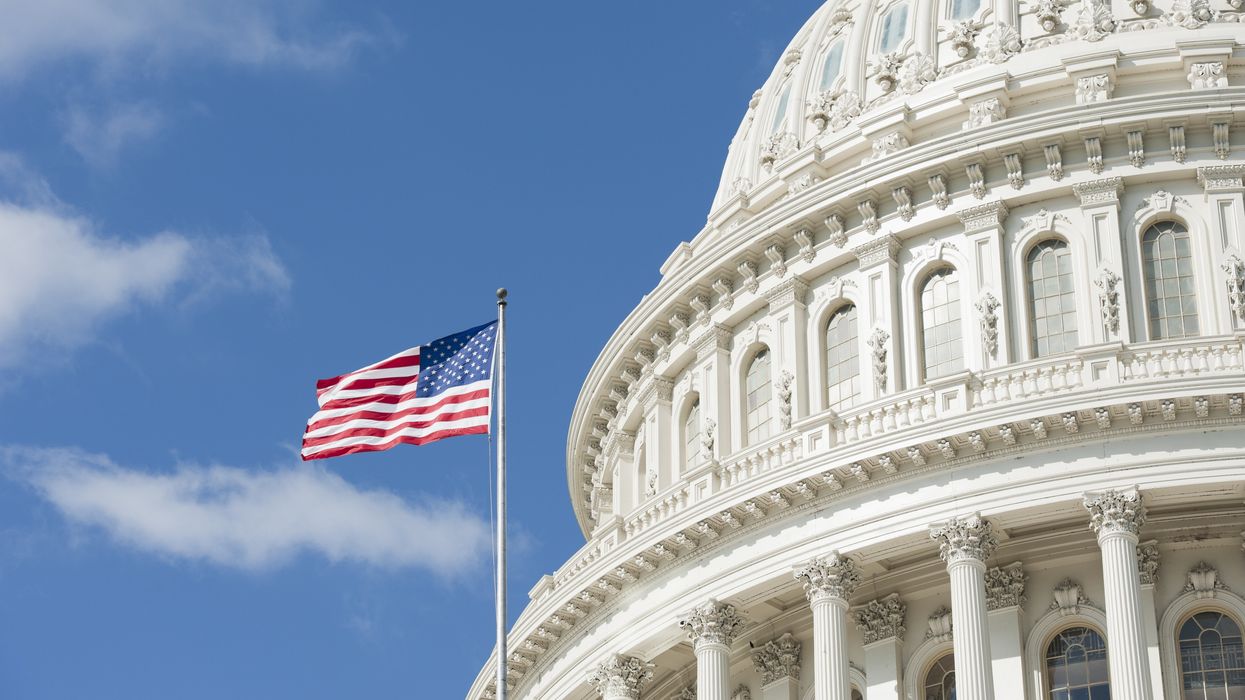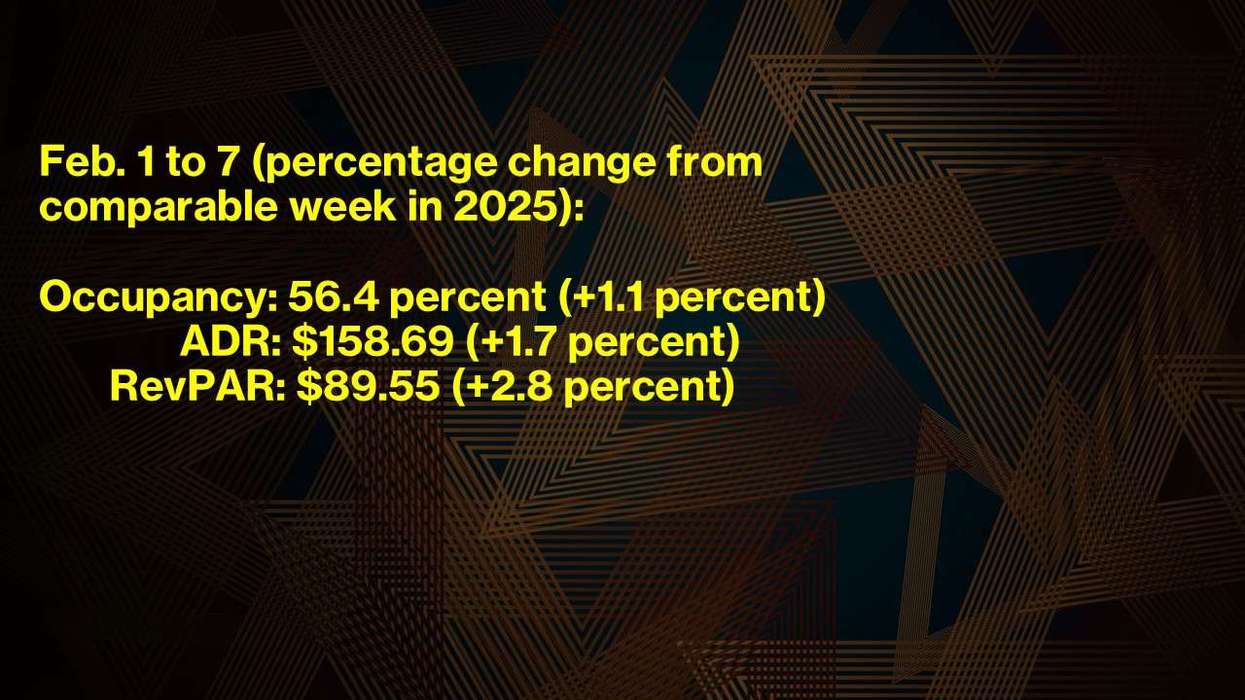Summary:
- The House introduced the Lawsuit Abuse Reduction Act of 2025 to reform tort law.
- AAHOA said the bill would restore accountability in the legal system.
- In 2023, the Supreme Court vacated a case on “tester lawsuits” under the ADA.
THE HOUSE OF Representatives recently introduced the Lawsuit Abuse Reduction Act of 2025 to reform tort law and mandate sanctions for frivolous lawsuits. AAHOA supported the bill, saying it would restore accountability to the legal system, an issue for small-business owners such as hoteliers.
The bill — introduced in the U.S. House by Republican Reps. Mike Collins of Georgia, Brandon Gill of Texas, Tom Tiffany of Wisconsin and Harriet Hageman of Wyoming — would amend Rule 11 of the Federal Rules of Civil Procedure.
“This legislation will help restore accountability in our courts, protect job creators from frivolous legal attacks and reform a civil justice system that too often favors abuse over fairness,” said Rep. Collins. “We’re sending a clear message: the courtroom should be a place for justice, not a playground for abuse.”
The act would:
- Require sanctions for frivolous lawsuits instead of leaving them discretionary.
- Remove the 21-day delay for filing sanctions if the challenged pleading is withdrawn or corrected.
- Mandate payment of reasonable expenses, including attorney fees, to parties harmed by frivolous filings.
- Allow additional sanctions, such as striking pleadings, dismissing cases, or imposing financial penalties to deter future violations.
Kamalesh “KP” Patel, AAHOA chairman, said that for small-business owners, a single frivolous lawsuit can threaten their livelihoods and undo years of work.
"This legislation gives hoteliers a fighting chance by ensuring those who weaponize the courts face real consequences,” he said. “It's about restoring fairness so our members can focus on what they do best: running their businesses and supporting their teams."
In 2023, the U.S. Supreme Court vacated as moot a case that could have set a precedent limiting “tester lawsuits” against hotels under the Americans with Disabilities Act. The court noted it may still address whether someone can sue a hotel without intending to stay there. The case, Acheson Hotels, LLC v. Laufer, was filed by Deborah Laufer, who claimed the hotels’ websites failed to disclose whether accessible rooms were available.
“Frivolous lawsuits don't just waste time — they siphon resources away from job creation, community investment and growth,” said Laura Lee Blake, AAHOA president and CEO. “This legislation provides protection for small-business owners who cannot afford to fend off meritless claims. Protecting them means protecting the vitality of Main Street economies across the country.”
AAHOA urges Congress to pass the legislation and protect small-business owners from abusive lawsuits.






